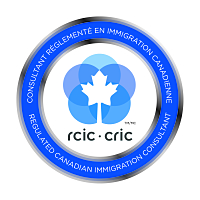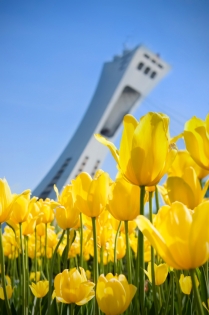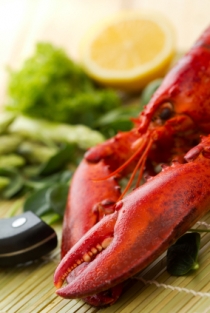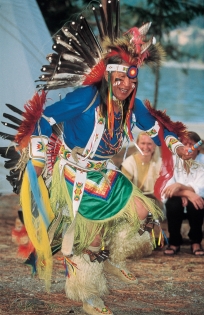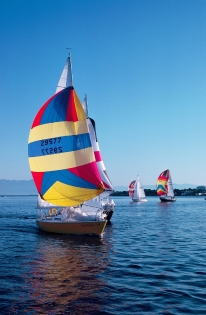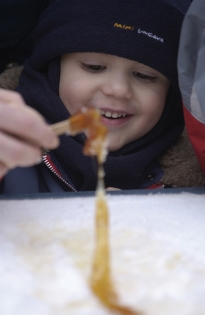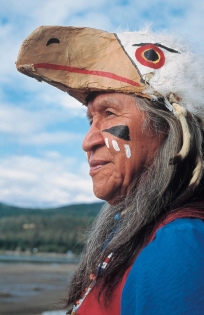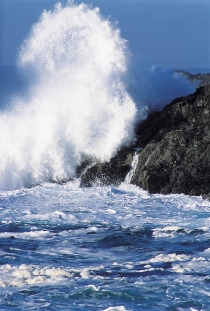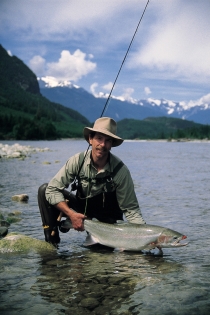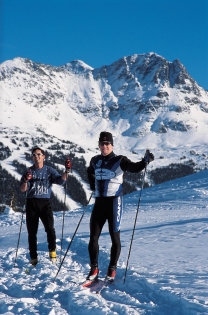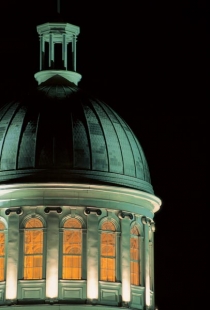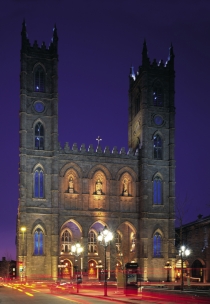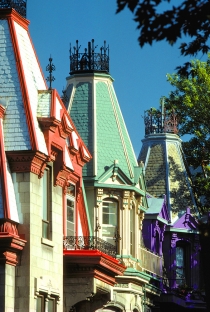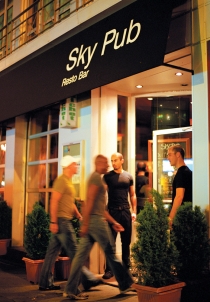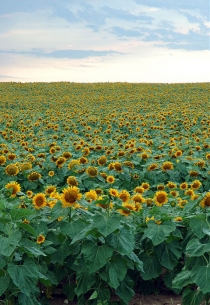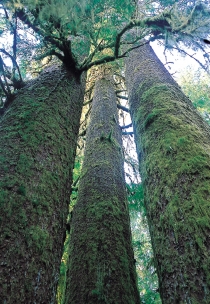Canadian citizenship
- What is Canadian citizenship
- Becoming a Canadian citizen (also known as becoming a citizen through naturalisation)
- Claiming Canadian citizenship (for children born in Canada or to Canadian parents, or adopted by Canadian parents)
- Resuming Canadian citizenship
- Renouncing Canadian citizenship
- Canadian citizenship certificate (initial issuance, replacement or renewal)
- Admissibility criteria
- What is the next step
A citizenship is a status carrying both rights and responsibilities granted to the citizens of a state; in the case of Canada, that specific status is called Canadian citizenship. A Canadian citizen is a person who is Canadian by birth or who has applied for Canadian citizenship to the immigration and citizenship authorities and has received a citizenship certificate. A person is probably a Canadian citizen if he was born in Canada; a person may also be a Canadian citizen if he was born outside Canada to a Canadian parent, but not necessarily. All Canadian Citizens, whether born or naturalised, have rights and responsibilities bestowed to them upon receipt of their citizenship. These rights and responsibilities must be preserved and are based on Canadian laws and the shared values of the society. Many of these are defined in the Canadian Charter of Rights and Freedoms, which is part of the Constitution of Canada.
For details about Canadian citizenship, how to prove that you are a Canadian citizen, or how to resume or renounce your Canadian citizenship, please refer to the sections below.
Every year, approximately 150,000 permanent residents become Canadian citizens. The Canadian citizenship brings certain benefits such as the right to vote in political elections upon reaching the age of 18, the right to run for political office, the right to work for the Federal government of Canada (where citizenship is often preferred and sometimes required) and the ability to obtain a Canadian passport and to maintain one’s Canadian citizen status despite prolonged absence from Canada. Moreover, Canadian citizens travelling with a Canadian passport or doing business abroad are generally speaking well treated all over the world, Canada being renowned for its openness, peaceful foreign policy and respect of all signed international conventions. To obtain Canadian citizenship however, one will have to demonstrate a deep knowledge and commitment to Canada.
To be eligible to become a Canadian citizen, applicants must:
- Be at least 18 years old
- Have legal permanent resident status in Canada (which status must not be in doubt, e.g. not subject of an immigration investigation, an immigration inquiry or a removal order)
- Meet the physical presence and residence requirements (adults must have lived in Canada for at least three years in the past four years before applying to become citizens).
It should be noted that an application for citizenship can be made only from within Canada.
Moreover, applicants must attend successfully the citizenship test. During this test, as part of the application process, the ability to communicate in either English or French as well as knowledge of Canada and familiarity with the responsibilities and privileges of citizenship will also be assessed. The citizenship test is usually a written test, but if necessary, one may be asked to attend an interview with a citizenship judge to support his candidacy. In exceptional circumstances, a citizenship judge shall determine the eligibility based on careful consideration of all the facts.
As a final step of the process, citizenship applicants are invited to a citizenship ceremony where they will take the oath of citizenship and receive, from the citizenship judge, their certificate of Canadian citizenship in exchange of their permanent resident card. The legal status as Canadian citizen takes effect as of the date the oath was administered.
You have been working in construction as a permanent resident in Hamilton, Ontario, since 3 straight years; contemplating a trip in your home country in the next year, you are now seeking to become a Canadian citizen and obtain a Canadian passport, but you’re afraid of all the paperwork and procedural technicalities lying ahead of you? You’ve been living in Edmonton, working as an urban sociologist under permanent resident status, for the last 7 or 8 years and a close friend of yours recently offered you his full support to achieve an old common dream: to run for federal political office in your electoral district? Then you need to obtain Canadian citizenship and we can handle the whole process for you by determining your eligibility and assisting you in obtaining your Canadian citizenship through naturalisation. Please check below our Admissibility criteria for more details.
- Claiming Canadian citizenship (for children born in Canada or to Canadian parents, or adopted by Canadian parents)
Canadian citizenship is typically claimed in two ways:
a. by birth in Canada
b. by descent (by birth or adoption outside Canada)
- By birth in Canada
With one exception, children born in Canada are automatically Canadian by virtue of being born in Canada. The exception is when children are born in Canada to diplomats or persons with diplomatic immunities and privileges, and where neither parent is a Canadian citizen or a permanent resident of Canada; these children will not receive Canadian citizenship automatically. Persons born in Canada can usually prove their citizenship with the provincial or territorial birth certificate issued to them at the time of their birth.
- By descent (by birth or adoption outside Canada)
On April 17, 2009, the Citizenship Act changed significantly since its last version adopted in 1977. Before the changes came into effect, Canadians could pass on their citizenship, by descent, to endless generations born outside Canada to Canadian parents. People born outside Canada on a second or subsequent generation to Canadian parents simply had to, before they turn 28 years old, submit an application to retain their citizenship, and either have lived in Canada for one year or have proven a substantial connection to Canada. Someone failing to proceed accordingly would however lose his Canadian citizenship, sometimes even without knowing. As for children born outside Canada and adopted by at least one Canadian parent, Canadian citizenship was not automatically granted and except for a narrow period of time from 2007 to 2009, the process was quite long and complicated.
Since April 17, 2009, to protect the value of Canadian citizenship, the new law limits – with a few exceptions – citizenship by descent to one generation born outside Canada*. From now on, children born outside Canada to at least one Canadian parent (born in Canada or naturalised) are automatically deemed Canadians. Symmetrically, children born outside Canada and adopted by Canadian parents (born in Canada or naturalised) are also automatically deemed Canadians, which was not the case prior to the change in the law. However, in both cases, because no official identification documents have been issued by Canadian authorities at birth, these first generation Canadian children cannot prove their Canadian citizenship and therefore cannot legally enter Canada. In order to claim the citizenship for their children born abroad and be allowed to travel back to Canada with them, the Canadian parents need to apply for and obtain a certificate of citizenship before beginning their journey.
As for children born outside Canada to Canadian parents in the second or subsequent generation, after the new law came into effect, they simply cannot anymore become Canadian citizens automatically by descent at the time of their birth (retaining one’s citizenship is not an option/requirement anymore). Under the new law, although some people might end-up stateless in some exceptional circumstances, the second generation (or subsequent) of descendants born abroad can only gain Canadian citizenship by immigrating to Canada (through naturalisation).
You are a Canadian mother (born in Canada or naturalised) and you prematurely gave birth to your first generation child born outside Canada while vacationing in Greece? You are a Canadian parent (born in Canada or naturalised) and after having passed through a complicated and lengthy adoption process that lasted several months, you finally took custody of your adopted Chinese daughter and now wish to bring her home as soon as possible? If so, you need to urgently get a citizenship certificate in order to prove your child’s Canadian citizenship and be allowed to travel back to Canada without troubles. We can take care of all the paperwork and help you obtain the required documentation in a hurry, so your family can relax and savour the moment. For more details concerning the eligibility or for any other specific information, please do not hesitate to Contact us.
To proceed further, please discover What is the next step.
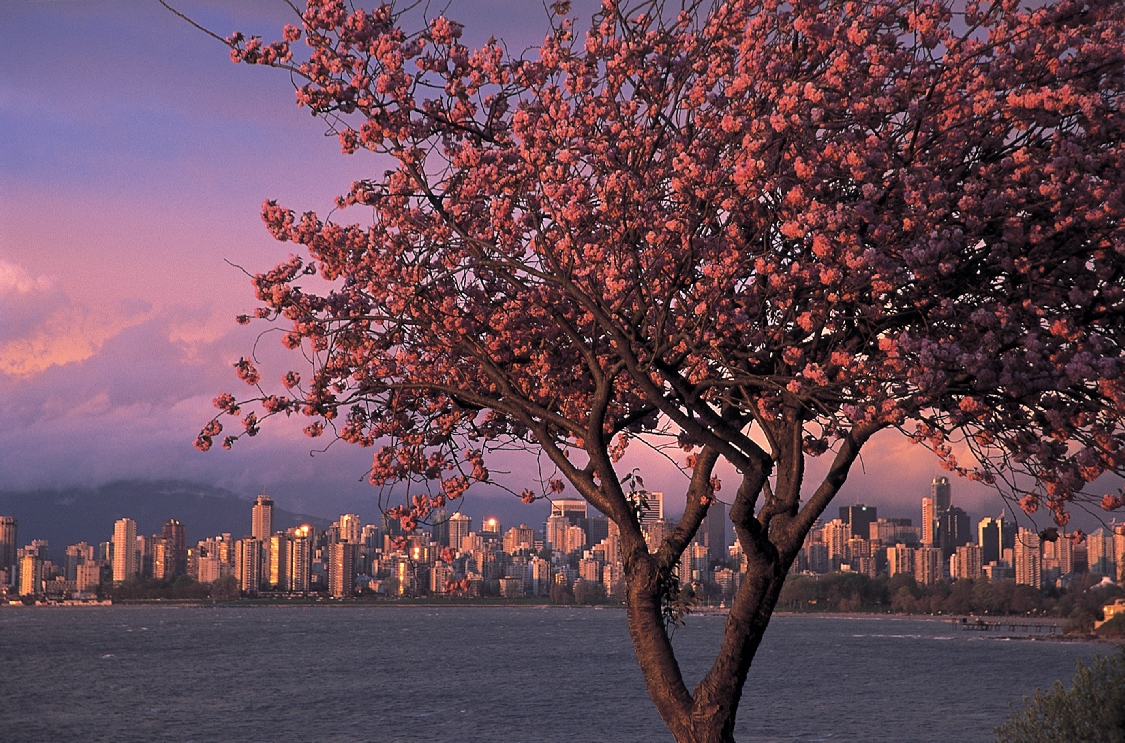 © Generally speaking, resuming Canadian citizenship refers to the act of recovering the status that a person once lost, has been unfairly deprived of, or gave up. We can separate people eligible to citizenship resumption into two groups: those who had their citizenship restored, and those who had not. This differentiation is due to new rules on citizenship that came into force on April 17, 2009, which either automatically restored citizenship to many people who lost it due to outdated provisions in previous versions of the law, or granted citizenship to people recognised henceforth as Canadian citizens for the first time. The main benefit of being eligible to automatic citizenship restoration is that permanent resident status is not required, which translates into huge time savings. The restoration of Canadian citizenship is usually possible for:
© Generally speaking, resuming Canadian citizenship refers to the act of recovering the status that a person once lost, has been unfairly deprived of, or gave up. We can separate people eligible to citizenship resumption into two groups: those who had their citizenship restored, and those who had not. This differentiation is due to new rules on citizenship that came into force on April 17, 2009, which either automatically restored citizenship to many people who lost it due to outdated provisions in previous versions of the law, or granted citizenship to people recognised henceforth as Canadian citizens for the first time. The main benefit of being eligible to automatic citizenship restoration is that permanent resident status is not required, which translates into huge time savings. The restoration of Canadian citizenship is usually possible for:
- People who became Canadian citizens on or after January 1st, 1947, when the first Citizenship Act took effect, and who then lost their citizenship. In such case, these people would have their citizenship status restored retroactively to the date they’ve lost it.
- People who have never been Canadians, but who are part of the first generation born outside Canada to a Canadian parent. In that second case, these people would have their citizenship status restored retroactively to their date of birth.
- Women who’ve lost their British subject status before 1947 on marriage to a foreign man
People in these situations might have to meet requirements and follow different [expedited] citizenship resumption procedures that may vary from case to case.
On the other hand, people who are not eligible to citizenship restoration, but are still eligible to citizenship resumption, are generally required to obtain permanent resident status prior to submission of their citizenship resumption application, which obviously requires more time. Nevertheless, the citizenship resumption process is quicker than, say, the naturalisation process because one has to live in Canada only for one year in order to resume its Canadian citizenship (compared with three out of four years for naturalisation). The resumption of Canadian citizenship (without automatic restoration of it) is usually possible under the new Citizenship Act for:
- Former Canadian citizens who voluntarily and officially renounced their citizenship as adults
- Former Canadian citizens who, under the old law, were required to apply to retain their citizenship before their 28th birthday, turned 28 before April 17, 2009, and did not take steps to retain their citizenship
For people in one of these two situations, citizenship restoration is not possible. However, citizenship resumption is possible upon obtention of permanent resident status and after having lived in Canada as a permanent resident for at least one year, upon submission of a citizenship resumption application and, following a formal invitation, upon pronouncement (taking) of the oath of citizenship for candidates aged 14 or over.
It is important to mention that in some circumstances, citizenship cannot be resumed; it is the case, for instance, of former Canadian citizens whose citizenship was revoked by the Government of Canada because it had been obtained by fraud.
Finally, it is worth to be noted that resuming Canadian citizenship may cause loss of one’s present nationality or citizenship. Persons willing to resume Canadian citizenship should ask the government authorities of the country of their present nationality if their status will be affected.
Your Canadian parents moved a long time ago to France for work and became French citizens, losing their Canadian citizenship; you were born in France as a first generation child outside Canada in 1955, few years after your parents lost their Canadian citizenship, so you never have been granted Canadian citizenship? You were born to your Canadian parents in 1979, in Peru, and you failed to retain your Canadian citizenship before you turned 28 years old? Then you need to apply for citizenship resumption and we can take care of all the paperwork and help you resume the Canadian citizenship to which you are entitled. Please check below our Admissibility criteria for more details.
Some countries do not allow dual citizenship and in some situations, one might decide to renounce (give up) his Canadian citizenship in order to acquire a new one.
Persons who want to give up their Canadian citizenship will need to complete a formal application. There are two different applications to renounce citizenship and depending on the way the citizenship has been acquired (e.g. if the person has obtained or re-obtained his citizenship as a result of changes to the Citizenship Act that took effect on April 17, 2009, or if he is a citizen by naturalisation, by birth or by descent), a person renouncing citizenship will receive either a document confirming that his citizenship was renounced, or a certificate of renunciation of citizenship.
To qualify to renounce the Canadian citizenship, one must prove that:
- He is a Canadian citizen of at least 18 years old
- His primary residence (domicile) is not in Canada
- He is not a threat to Canada’s security or part of a pattern of criminal activity
- He is a citizen of another country or will become the citizen of another country by renouncing his Canadian citizenship
In addition, the person renouncing the citizenship must not be prevented from understanding the significance of renunciation because of a mental disability.
Renouncing the Canadian citizenship involves loss of all the rights and privileges of the Canadian citizenship. A person will lose the right to travel under a Canadian passport and will lose the right to vote after renouncing his citizenship. For instance, if the person wants to remain in Canada or return to Canada as a permanent resident, he will have to go again through all the immigration procedures. After renouncing the Canadian citizenship, one must return to the Canadian authorities any Canadian citizenship certificates in his possession.
You are a Canadian born jazz singer from Montreal, but you have been living and working in Tokyo since almost 10 years and you are planning to apply for Japanese citizenship? You were born in 1990 in Charlottetown, Prince Edward Island, to a Canadian father and a Spanish mother and consequently, always have been eligible to both Canadian and Spanish citizenships. However, your parents never claimed your Spanish citizenship by fear that you would be forced into compulsory military service, but now that compulsory military service has been abolished, you are contemplating the idea of moving to Barcelona and claiming your Spanish citizenship? If so, you might have to renounce your Canadian citizenship and we can take care of all the paperwork and help you proceed quickly. Please check below our Admissibility criteria for more details.
A Canadian citizenship certificate is a document proving that a person is a Canadian citizen. In a nutshell, any Canadian citizen is entitled to obtain a citizenship certificate and all new Canadian citizens automatically receive their initial (first) citizenship certificate as part of the citizenship process.
This category is meant for Canadian citizens who would like to apply for an initial Canadian citizenship certificate to confirm their status as Canadian citizens, for the renewal of a Canadian citizenship certificate (that has expired on April 17, 2009, or will soon expire), for the replacement of a Canadian citizenship certificate that must be updated (to correct a wrong/misspelled name, to correct a wrong date of birth or to reflect their new name), or for the replacement of a Canadian citizenship certificate that has been lost, stolen, damaged, destroyed or never received.
A Canadian citizenship certificate might be required in various circumstances. For instance, one might be required in order to vote, to obtain a Canadian passport, to obtain a driver’s licence, an enhanced driver’s licence or an enhanced identity card, to get a job, to access government services such as health care and the Canada pension plan, or to obtain a social insurance number.
However, a Canadian citizenship certificate is neither a travel document nor a permanent resident card and it does not allow his owner to enter Canada without having previously obtained a Canadian passport.
You are a Canadian citizen, the federal elections are fast approaching and your citizenship certificate has recently expired? Spooky, your 18 months old, golden and furry 30 pounds English Cocker Spaniel, has chewed to the last bite your ID cards among which, obviously… your citizenship certificate? Then you need to obtain a new citizenship certificate and we can assist you in getting one quickly. For any specific information, please do not hesitate to Contact us.
To proceed further, please discover What is the next step.
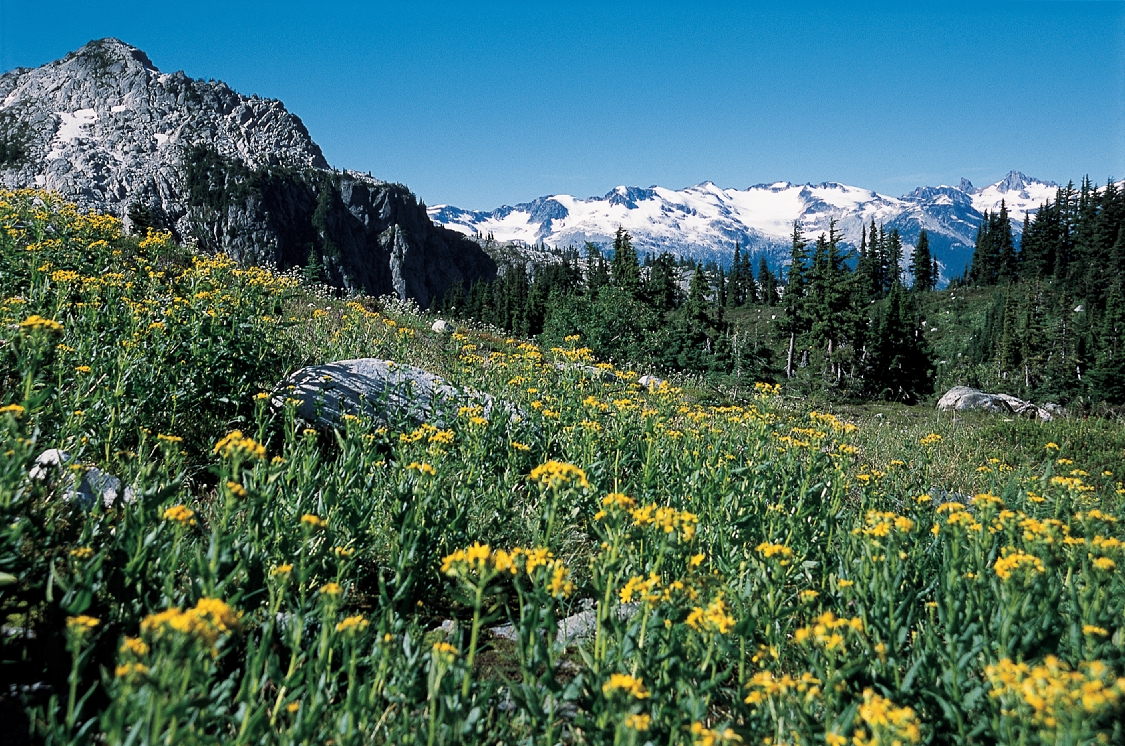 © All individuals who wish to become Canadian citizens or wish to claim, resume or renounce their Canadian citizenship must meet all the requirements set out in the Citizenship Act and its regulations. Citizenship officers/judges retain exclusive powers and rights to make the final decision on any citizenship application using the existing admissibility criteria, including immigration, security and criminal factors.
© All individuals who wish to become Canadian citizens or wish to claim, resume or renounce their Canadian citizenship must meet all the requirements set out in the Citizenship Act and its regulations. Citizenship officers/judges retain exclusive powers and rights to make the final decision on any citizenship application using the existing admissibility criteria, including immigration, security and criminal factors.
These admissibility criteria are applicable without exception to all candidates who want to become citizens of Canada. If any of the following examples apply to your case, it will constitute an inadmissibility factor that could render inadmissible your application:
- Evidence of threat to Canada’s national security or part of a pattern of criminal activity
- Misrepresentation through withhold and/or distortion of facts and/or production and/or use of fake documents
- Non-compliance with the requests for documents required by legislation or failure to appear for an oral interview with a judge or a ceremony within the timeframes specified
Also the applicant must not be subject of the following prohibitions:
- Have been convicted of an indictable (criminal) offence or an offence under the Citizenship Act in the three years before he applies
- Being currently charged with an indictable offence or an offence under the Citizenship Act
- Being detained (or being released on parole or on probation)
- Being under a removal order (the person has been ordered by Canadian officials to leave Canada)
- Being under investigation for, being charged with, or having been convicted of a war crime or a crime against humanity
- Have had his Canadian citizenship revoked (the person has been taken away his Canadian citizenship) in the past five years
Obviously, many more admissibility criteria may or may not apply depending on the type of citizenship service required. In addition to the admissibility criteria, the eligibility criteria for each specific category of citizenship must also be met. This is why it is vital to fully understand the Citizenship Act and its regulations in order to maximize your chances. VisaPro.ca, thanks to its extended experience in the domain and its competent team, can help you and make the difference between a successful application and a refusal.
Once you’ve chosen the category of services✝ under which you wish to apply, your next step is to select one of our Solution packages. VisaPro.ca personalised approach gives you the choice between 4 different flat fee Solution packages; depending on what combination of professional service and Solution package you need, the flat fee will vary accordingly.
N.B.Got lost? Check our Sitemap to find your way back!
Got puzzled with terms? Check our FAQ to get back on track!
*There is one exception to the rule: the limitation to pass Canadian citizenship does not apply to a child born or adopted outside Canada in the second or subsequent generation, if at the time of the child’s birth or adoption, at least one of the child’s Canadian parents was working outside Canada as an employee of the Government of Canada or the government of a Canadian province or territory, or was serving outside Canada with the Canadian Forces.
✝ For each category of applicant corresponds a specific type of official document. VisaPro.ca offers a wide range of professional services corresponding to each of these categories. All existing categories of visa/immigration and citizenship services fall under one of these 5 programs: Temporary resident visas, Temporary resident services, Permanent resident visas, Permanent resident services and Canadian citizenship.
Last update: 2011-03-04
© 2010-2011 VisaPro.ca - CIC. All Rights Reserved
This Web site is optimised for Firefox, Google Chrome and Internet Explorer 8


